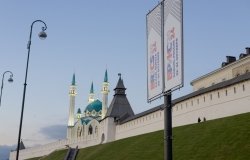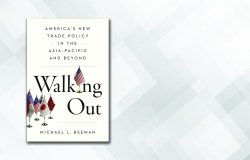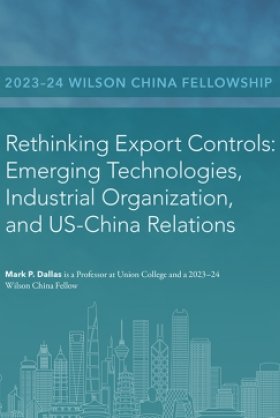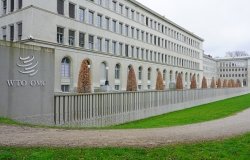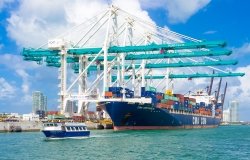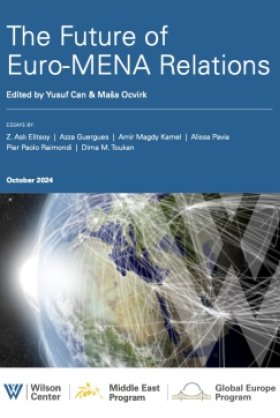#97 Exports, Labor, and the Left: An Essay on Twentieth-Century Chilean History
By Charles W. Bergquist
This essay is part of a larger comparative study which explores the relationship between export structure, labor organization, and the direction of national life in twentieth-century Chile, Argentina, Venezuela, and Colombia. I argue, contrary to much of the literature on the subject, that labor has exercised a decisive influence on the modern history of these nations. We have tended to slight that influence because we have looked in the wrong place. We looked at industrial workers (an appropriate focus in the industrial center of the world capitalist system) instead of at workers in export production (the locus of the function of peripheral economies within that world system).
Analysis proceeds on two levels. I look first at the structure of the export sector itself--its human geography, its vulnerability to changes in international demand and price, patterns of ownership, and characteristics of the labor force and the surrounding commmunity. I explore the implications of the "givens" for life and work in export production. I try to uncover their meaning for workers' cultural autonomy and organizational potential.
Secondly, I examine the structure of the whole export economy. By that, I mean the entire peripheral society molded by specialization of economic function in a world economy over a long period of time. That experience molds the capacity for economic development in a changing world system, influences social structure and political developments, and shapes the cultural perceptions of members of all social classes. These "givens" set the objective conditions for class alliances between workers in export production, other elements of the working class, middle groups, and members of the national bourgeoisie.
Together these two levels of analysis help to explain the organizational fate of workers in export production. They reveal the influence of these workers on the evolution of the entire labor movement. And they uncover the wellsprings of the historical strength of the left in different Latin American societies. If the modern Latin American labor movements are born into a structured world, they struggle creatively with the other social forces unleashed by export-oriented development to fulfill their promise for human liberation. This process is unpredictable in outcome and replete with the irony and paradox that are the stuff of human history.
Related Program

Latin America Program
The Wilson Center’s prestigious Latin America Program provides non-partisan expertise to a broad community of decision makers in the United States and Latin America on critical policy issues facing the Hemisphere. The Program provides insightful and actionable research for policymakers, private sector leaders, journalists, and public intellectuals in the United States and Latin America. To bridge the gap between scholarship and policy action, it fosters new inquiry, sponsors high-level public and private meetings among multiple stakeholders, and explores policy options to improve outcomes for citizens throughout the Americas. Drawing on the Wilson Center’s strength as the nation’s key non-partisan policy forum, the Program serves as a trusted source of analysis and a vital point of contact between the worlds of scholarship and action. Read more


